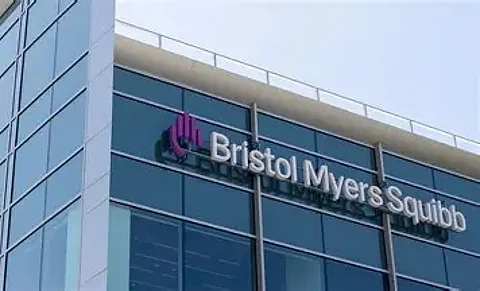

In a move aimed at easing drug costs for underserved patients, Bristol Myers Squibb and Pfizer announced they will begin selling their popular blood thinner, Eliquis, directly to uninsured or underinsured patients in the U.S. at a discounted price, bypassing traditional insurance and pharmacy benefit managers.
Starting September 8, eligible patients will be able to purchase Eliquis through the Eliquis 360 Support Program at a reduced price of $346 per month—about 43% less than the current list price of $606. However, this price still far exceeds what insured patients typically pay out-of-pocket and remains significantly higher than the drug’s price in international markets.
The program comes as pharmaceutical companies face growing pressure from the Trump administration, which has renewed its push to lower drug prices through initiatives like the “most-favored-nation” (MFN) policy, which aims to align U.S. drug prices with the lowest rates in other high-income countries.
Despite the announced discount, health policy experts raised concerns about affordability. Dr. Stacie Dusetzina, a professor at Vanderbilt University Medical Center, pointed out that many uninsured patients may still find the $346 monthly cost out of reach. “We know that once patients face more than $100 in out-of-pocket costs, the likelihood of them filling prescriptions drops significantly,” she said.
Comparatively, under the Inflation Reduction Act spearheaded by the Biden administration, Medicare is set to offer Eliquis at a negotiated price of $231 per month starting next year—still lower than the new discounted offer from Bristol Myers and Pfizer. In contrast, Eliquis costs as little as $55 a month in France and $65 in the UK and Germany, according to a 2024 Senate committee report.
Analysts have expressed skepticism about the impact of the new pricing program. Courtney Breen of Bernstein noted that the offer may not be viewed as substantial, especially compared to the IRA-negotiated prices, which were previously criticized by the Trump administration for lacking significance.
Eliquis, a widely prescribed anticoagulant used to prevent strokes and blood clots, has been used by over 15 million Americans and generated $11.4 billion in global revenue in 2024 alone.
While the direct sale program may provide some relief to a narrow segment of patients, critics argue that broader systemic reforms are necessary to ensure affordable access to essential medications for all.